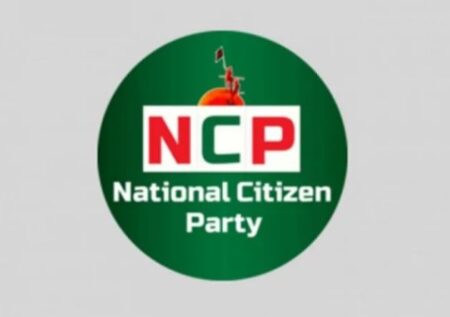The human rights situation in Russia continues to draw international attention as the government tightens its grip on freedoms of speech, assembly, and press. From restrictive laws to systemic repression of activists and journalists, the landscape is increasingly challenging for those advocating for transparency and justice. This article examines the state of human rights in Russia, highlighting key issues, the impact on civil society, and opportunities for international engagement.
Key Human Rights Issues
- Suppression of Free Expression
- Independent media outlets face severe restrictions, including censorship, harassment, and forced closures. Journalists reporting on sensitive issues risk imprisonment or violence, with many fleeing abroad for safety.
- Social media and online platforms are also heavily regulated under laws that allow the government to block websites and prosecute users for sharing content deemed “extremist.”
- Crackdown on Protests
- Public demonstrations, especially those critical of the government, are routinely met with police violence and mass arrests. Organizers face hefty fines, imprisonment, or other forms of legal persecution.
- The “unauthorized assembly” law has been used to dismantle peaceful protests, effectively stifling collective action.
- Persecution of Activists and NGOs
- The “foreign agent” and “undesirable organization” laws have been weaponized to discredit and dismantle NGOs advocating for human rights and democracy. Organizations labeled under these laws face public stigmatization, financial hurdles, and operational barriers.
The Impact on Civil Society
The erosion of human rights has significantly weakened civil society in Russia. Activists, independent journalists, and non-governmental organizations work under constant threat, often operating in exile or in clandestine conditions. Despite these challenges, civil society remains a vital force for change, documenting abuses and advocating for accountability.
For an in-depth exploration of civil society’s role in addressing human rights challenges, visit this comprehensive resource.
International Response
- Sanctions and Diplomatic Pressure
- Western nations have imposed sanctions targeting individuals and entities linked to human rights abuses. These measures aim to deter further violations and hold perpetrators accountable.
- Diplomatic efforts have emphasized the importance of safeguarding freedoms and the rule of law.
- Support for Activists
- International organizations and governments provide funding, training, and safe havens for Russian activists and journalists. These initiatives are critical for sustaining advocacy efforts under oppressive conditions.
- Raising Awareness
- Global media coverage and advocacy campaigns highlight abuses, keeping the international spotlight on Russia’s human rights record and pressuring authorities to enact reforms.
Pathways for Progress
- Strengthening Global Advocacy
- Coordinated efforts between international organizations, governments, and activists can amplify the voices of those fighting for human rights in Russia.
- Fostering Resilience Within Civil Society
- Providing tools, resources, and training to activists and NGOs can help them navigate the challenging landscape and continue their work effectively.
- Promoting Public Awareness
- Educating the global community about Russia’s human rights struggles can mobilize support and generate pressure for meaningful change.
The human rights situation in Russia reflects a broader trend of authoritarian consolidation, but the resilience of civil society and international solidarity offer hope. By addressing these challenges through coordinated advocacy, legal support, and global engagement, the path toward a more just and equitable Russia remains achievable. For further insights into human rights issues in Russia, explore this detailed resource.



